On the Internet, you can go to the website of the National Hospice and Palliative Care Organization. You can call the NHPCO at 800-658-8898. For languages other than English, call 877-658-8896.. Hospice care is a service for people with serious illnesses who choose not to get (or continue) treatment to cure or control their illness. People may choose to enroll in hospice care if the treatment is unlikely to be effective or if continuing it has become too burdensome. Hospice aims to provide comfort and peace to help improve quality of.

Pin on EOL care

Everything You Need To Know About Hospice Care
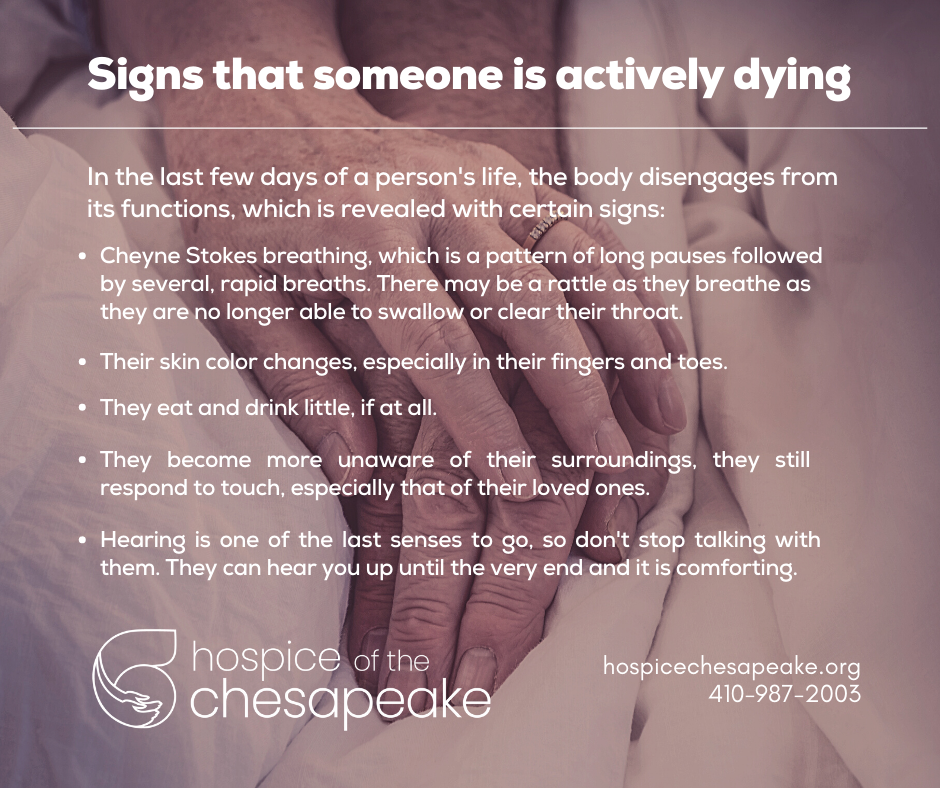
What to expect when someone is dying Hospice of the Chesapeake

Hospice care in a pandemic What you can expect

What a Hospice Does Not Tell You What You Need To Know Before You Use Hospice
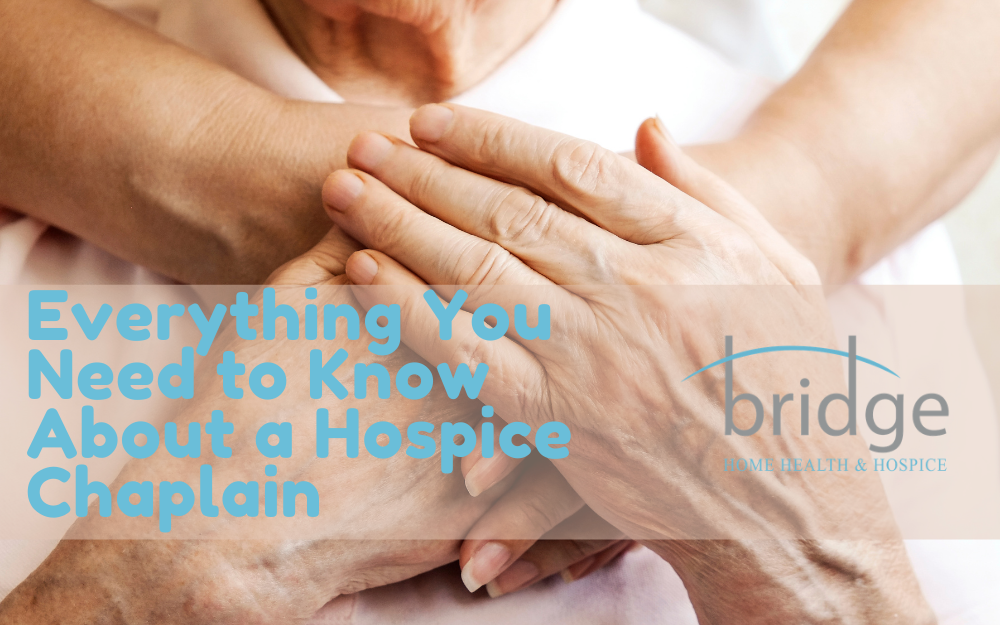
Everything You Need to Know About a Hospice Chaplain Bridge Home Health & Hospice

What do you really know about hospice?

24 consoling bible verses for funerals and lost loved ones Artofit

What hospice does not tell you?
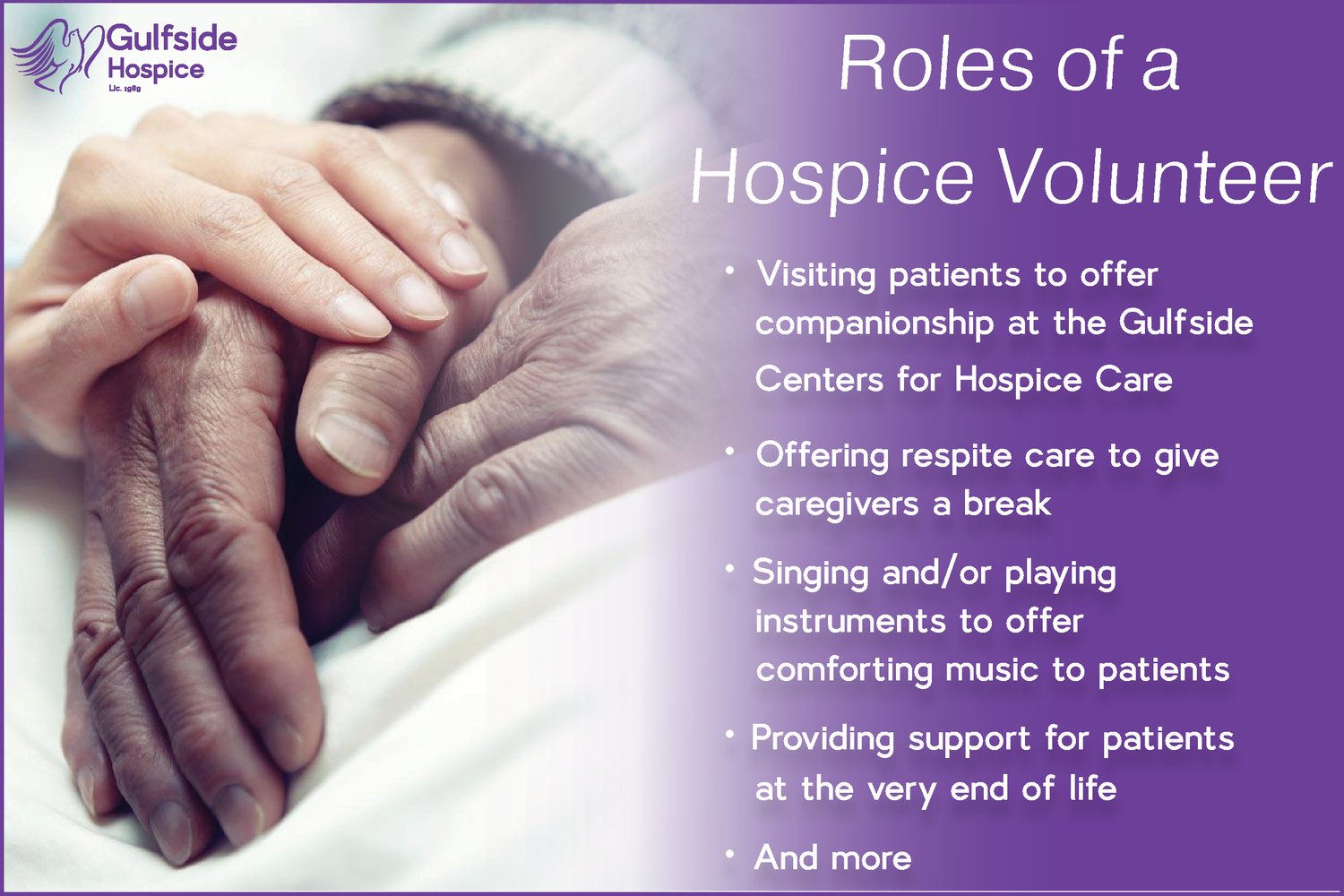
What It Means To Be A Hospice Volunteer At Gulfside Healthcare Services.

The Truth About Hospice Care What They Don’t Tell You
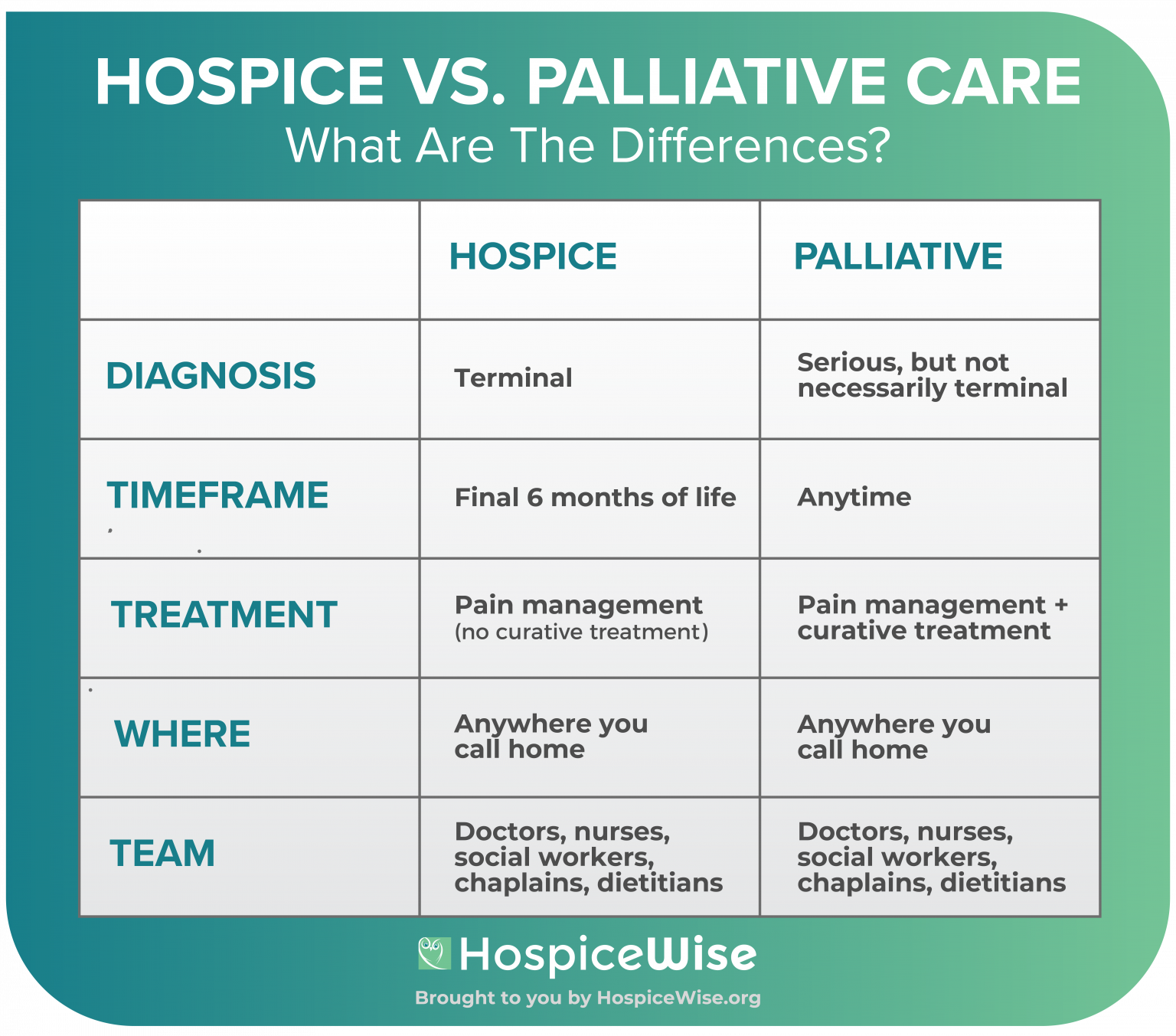
What's the Difference Between Palliative Care and Hospice? Hospice Wise

What Hospice Does Not Tell You (All You Need To Know)
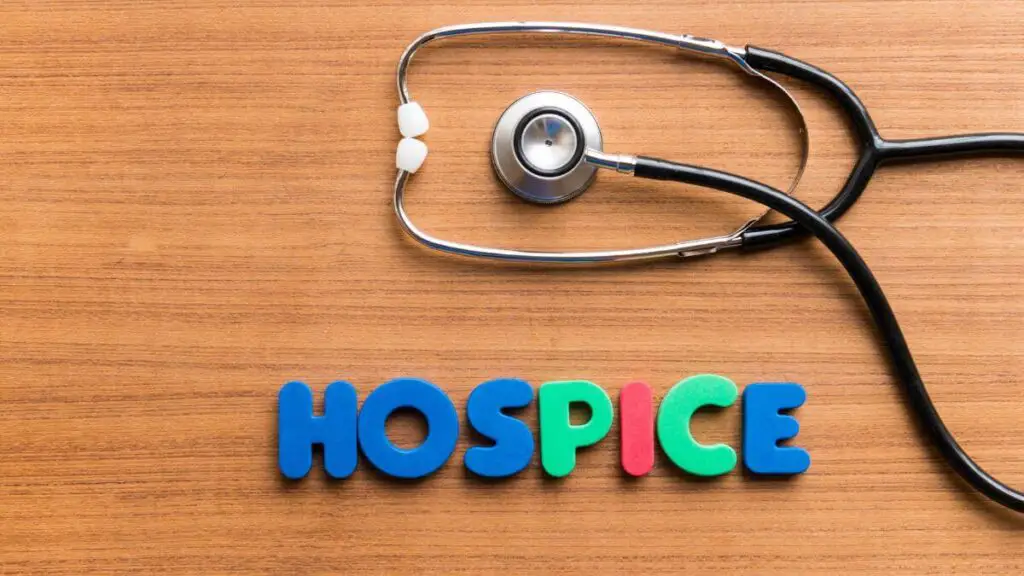
What Hospice Does Not Tell You

What Hospice Means to Us… Hospice & Community Care

What Hospice Does Not Tell You SUPERB HOSPICE
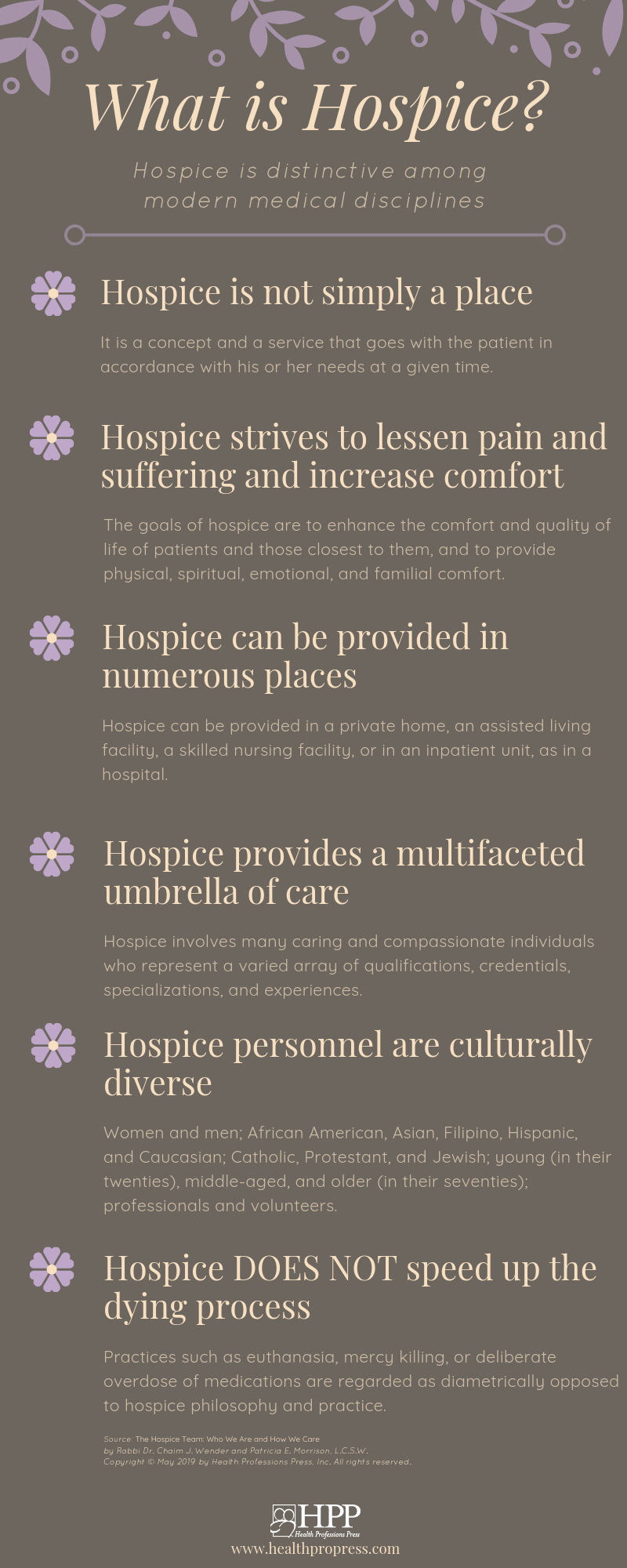
What is Hospice? The HPP Resource CenterThe HPP Resource Center

How Long Does Hospice Last? How Long Do Patients Live?

What Hospice do not Tell you Armish Biotic

What hospice does not tell you? Net Patient Foundation
What Hospice Does Not Tell You. written by Derrick. Hospice care comes in when a patient has a terminal diagnosis and is expected to live less than six months. The hospice team will help manage end of life care and comfort. This is undoubtedly a difficult period for everyone involved. Questions and concerns abound.. Signs of increasing illness such as uncontrolled pain, shortness of breath, nausea or vomiting, and frequent or recurring infections. Deciding to focus on the quality of life rather than continued aggressive treatments. These are just some signs it's time for hospice care, although your loved one's care team will be able to tell you more.